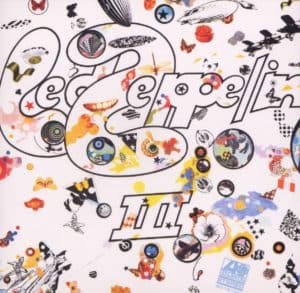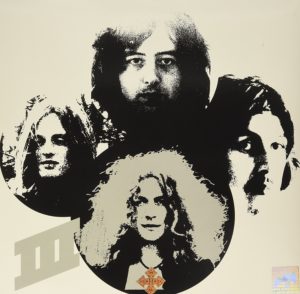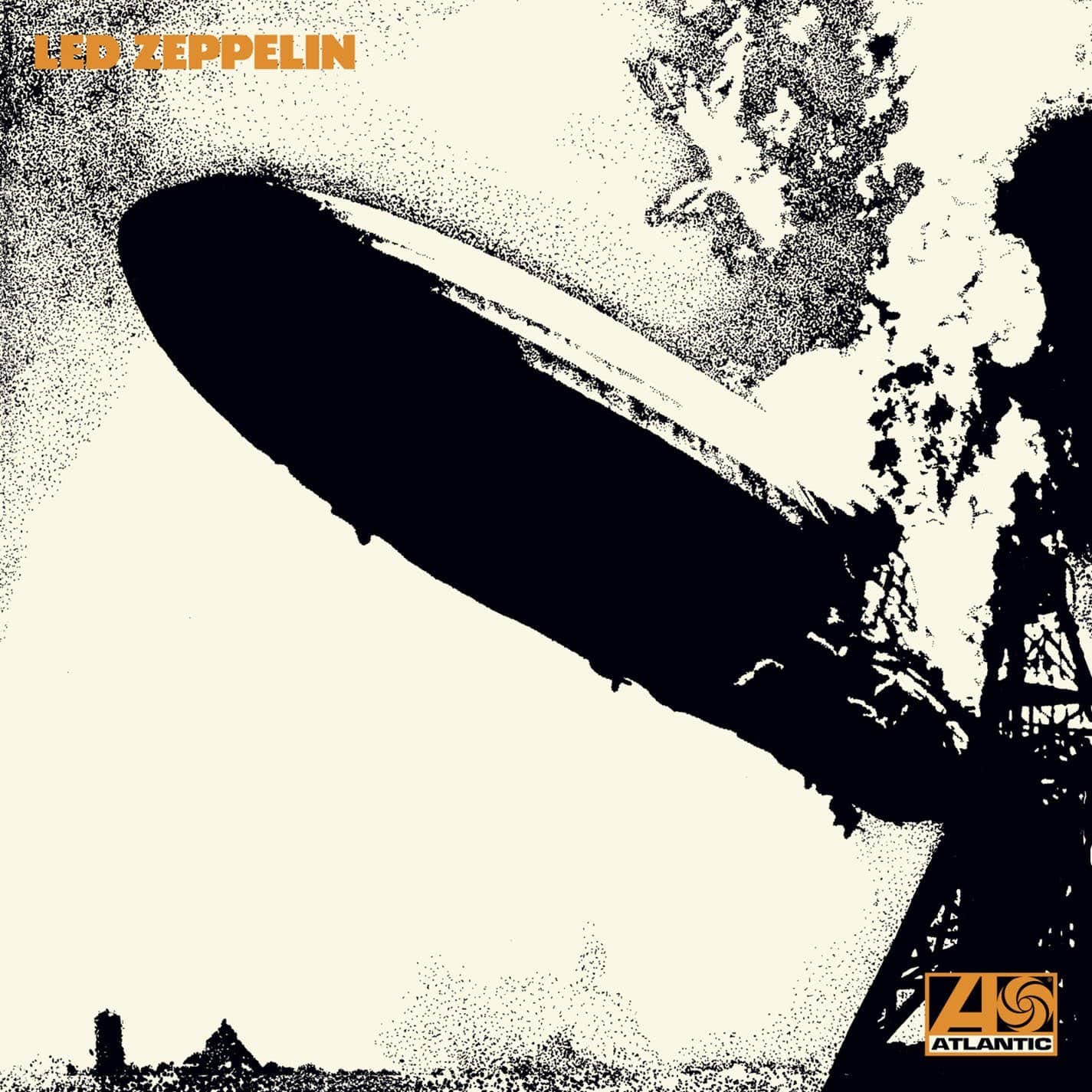Marketplace
2014 Atlantic Records PRESSING
- Catalog Number R1 535341
- Release Year 2014
- Vinyl Mastering Engineer John Davis (Metropolis Mastering)
- Pressing Weight 180g
- Jacket Style Gatefold
When listening to this album I think of this band or music:
Who can hear “Immigrant Song” without thinking of Heart’s “Barracuda”?
I would listen to this album while:
Great car music, if only my automobile had a turntable. At home, it’s an air-guitar classic.
Music from this album would be a great soundtrack to this movie:
Anything with Jack Black. It’s already done in School of Rock, but it could have been a contender for High Fidelity.
Led Zeppelin III is an anomaly—an undisputed classic that lacks the respect of the two other classics between which it’s sandwiched. The band isn’t the first musical genius to have merely great music stuck amidst mega-hits. Beethoven’s odd-numbered symphonies (Nos. 3, 5, 7, and 9) remain some of the greatest pieces composed, while his even-numbered lot is merely great. Caught betwixt Led Zeppelin II and Led Zeppelin IV, Led Zeppelin III often gets overlooked as a work simply not up to the group’s expected level of illustriousness.
Released in October of 1970, Led Zeppelin III catches the quartet moving towards folk roots. While “Immigrant Song” opens the album with a splash, some early listeners probably became puzzled when they heard the fare stray from heavier material into acoustic territory. Then there’s the cover, which must have seemed like a good idea at the time. The newer reissue duplicates the cover spin-wheel, warts and all.
Like the other Atlantic 2014 pressings, Led Zeppelin III reveals an enhanced bass level and everything else compressed, losing the three-dimensional sense of the U.K. original. Certain listeners may prefer such a boost on testosterone-driven material like “Immigrant Song,” but on the lighter tracks like “Hats Off to (Roy) Harper,” it comes off as digital grunge. On the U.K. pressing, you can hear that Robert Plant’s voice is processed through a vibrato amp. The same effect just sounds like distortion on the 2014 LP.
Classic Records’ out-of-print reissue, on the other hand, preserves the bass without adding compression elsewhere. It is superior (just try and find a copy!) except for the nagging feeling that the mastering engineer fiddled too many knobs and damaged the tonal accuracy of voices best served by the U.K. original.
Led Zeppelin III



 4.5
4.5




